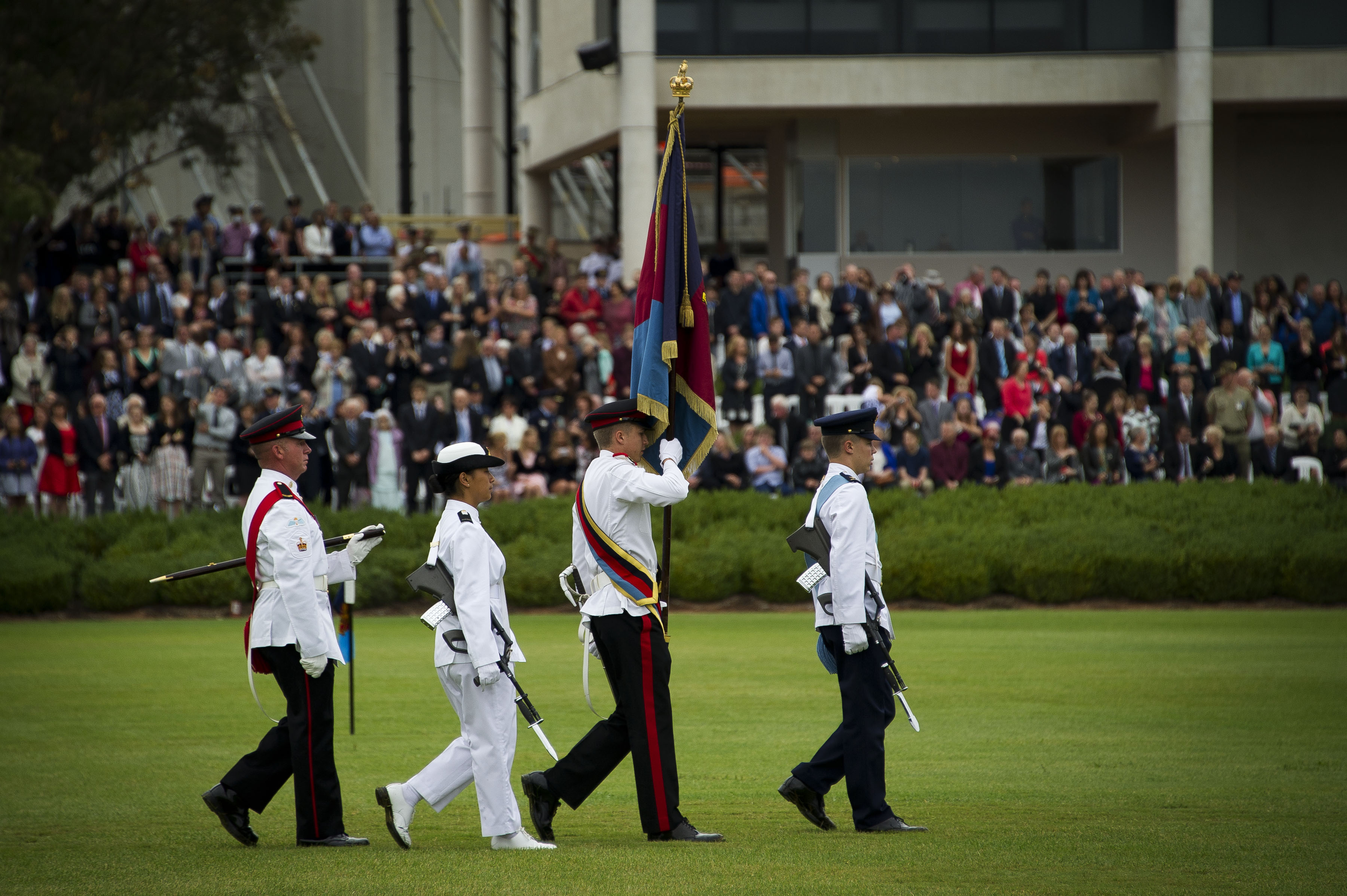Tribalism isn’t the scourge it once was in the Australian military. Sure, they still have tribes, but they don’t go to war with each other as often. And the tribes have found better ways to intermingle and agree on a common cause.
Australia’s Army, Navy and Air Force had to stop fighting so they could prosper in the Canberra system. The need for less warring tribalism and more cooperation was one of the lasting lessons the services took from the Tange revolution.
The most recent column in this series looked at Defence creation stories, talking about the Old and New Testaments. Andrew Davies helped set that tone with this comment on what Tange did to the tribes:
When the three services were first thrust together by Tange, the effect was for them to war against each other and against the Forces of Darkness and Anarchy Tange set up to annoy them. It took about 20 years, but they eventually discovered if they intoned the word ‘joint’ (even if they didn’t believe it) they looked more like a bloc than three warring tribes. Over time, jointness has become a credo that has helped propel the CDF to the position you identify in the first column. A joint force to rule them all, C4ISR to find them; A joint force to bring them all together and in the darkness bind them.
Jointness has become a thing of beauty for the tribes, a mantra often intoned and a common totem of the tribes, always honoured in word and occasionally in deed.
Jointery has mattered greatly for the tribes from education to operational concepts; it has been vital in Canberra officer effort and in working the Canberra system; and jointery was the language used in the realignment of power between the Chief of the Defence Force and the service chiefs.
As a driver of operational concepts, jointery was a break with deep habits. One of the CDFs who helped impose and inspire jointery, Peter Gration, argued that the three services had far more history (and understanding) of operating with allies in coalitions than they did working with each other. Afghanistan and Iraq proved that bit of history is still strong.
Alliance and coalition tend to pull the services apart; jointery is now how they’re taught and structured. The three levels of officer education tell the story.
Pre-Tange, all officer training was conducted by single-service institutions. Direct-entry officer training and service-specific training is still provided by the individual services. But there’s now a tri-service institution at each level of officer education. And they’re all in Canberra.
The first is the Australian Defence Force Academy, which sits over the hill just behind Russell HQ, and provides entry level officer training.
The second is the Australian Command and Staff College, a few kilometres south down the valley at Weston, which prepares officers for command and staff jobs. The top layer of officer education, also at Weston, is the Centre for Defence and Strategic Studies. To produce the Canberra officer, the military educates officers in Canberra.
As one former service chief said to me recently when talking about the creation of the Canberra officer, the three tribes had agreed, ‘We’ve got to get smarter in how Canberra works’. Educating them in Canberra is a good start.
The most important physical expression of jointery is the headquarters of the joint operational command, HQJOC, which functions to plan, control and conduct military campaigns and operations.
The JOC broke free of the Canberra effect to the extent that it’s just outside the ACT, on the road to Bungendore, a gentle half hour drive from Russell. The HQ is named after General John Baker, which is a proper honour because Baker was a CDF who fought some of the sharpest battles with the service chief in the name of jointery and the power of the CDF. More on that in the next of this series.
The final point must be that tribalism still throbs, if at a lower level of intensity. As a measure of this, see the Defence Efficiency Review of 1997 (PDF), more than 20 years after the Tange revolution:
In virtually every area examined, those responsible have highlighted dysfunctional aspects of the higher level arrangements, which prevent them obtaining what to them are obvious improvements. The predominant concern expressed was the “tribalism” of the three Services and the Public Service in protecting their assets and influence. We were reminded of President Truman’s comment at the end of the Second World War. “…I have the feeling that if the Army and the Navy had fought our enemies as hard as they fought each other, the war would have ended much earlier”.
Graeme Dobell is the ASPI journalism fellow. Image courtesy of Department of Defence.


